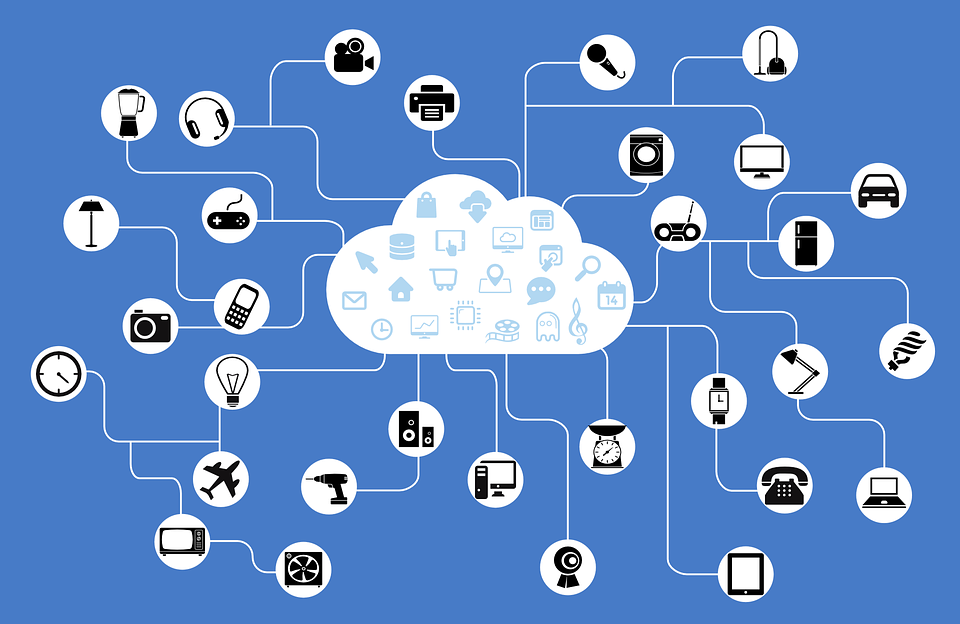The Internet of Things (IoT) could, and ultimately will, profoundly transform the public sector by altering how government entities gather data and information. Tech analyst company IDC predicts that by 2025 there will be a total 41.6 billion connected IoT devices influencing the way we build, manage and exist in our cities and spaces.The IoT alliance NZ suggests that IoT ‘could soon be as commonplace as electricity in the everyday lives of people in OECD countries.’
The adoption of this techy web of things could see increased productivity for New Zealand government processes and decision making. Therefore, transforming economic and social development and improving the efficiency with which citizens are delivered services, and ultimately transfiguring the way things function within the framework of our society.
We’ve already been ranked as one of the leading countries in the world positioned for successful IoT deployment, and following through could see an economic benefit of $128m from the adopted use of such innovations when it comes to our city infrastructure management, and a whopping $558m economic benefit from the use across transport and logistics. Leveraging these networks, devices and data to improve the efficiency with which we operate could also in turn lower time expenditure, organisational costs, and the threat of excess and unnecessary emissions.
Ultimately, IoT is a social network. It enables our environment to know us as citizens and service providers. It challenges and changes our concepts of ownership, and pioneers a whole new social landscape that involves machines and devices talking to us, and machines and devices talking to each other.
But, before we get too carried away and start envisaging a dystopian Pixar ‘Wall-e’ manifestation, or what Daniel Price proposed in his TEDx talk [hotel rooms that automatically configure themselves to suit you: air temperature just to your liking, your favourite music playing softly upon arrival….Shopping mall window displays recognising you walk past and promptly pushing a slew of marketing imagery tailored just to your specific interests…] one must not overlook the real value of IoT and the question holding all espousers accountable:
How can we best use these insights and innovations and apply them to improve service delivery in the New Zealand Public Sector – always keeping our citizen’s and user’s needs at the forefront?
Today we’ve narrowed it down to a simple three step barometer check:
Is it secure? Is it ethical? Is it necessary?
Secure – With ubiquitous connectivity of smart things, the threat of malicious or criminal cyber activity is intensified. How can platforms and processes be rolled out in ways that allow the integration of these products to be handled in a safe and secure way? Also, considering how IoT security could perhaps intersect with other emerging technologies such as Artificial Intelligence, therefore causing the line of agency to become blurred?
Ethical – What are the obligations of the public sector and government? To improve the efficacy of democracy, public services and quality of life for our citizens. IoT may well play a role in enhancing these aspects, but we must not forgo getting clear on the citizen rights part of the equation: So who will have ownership of the gathered data? How do we build trust into the fabric and use of IoT systems and operations? Can IoT processes function alongside the value of transparency? What even is data sovereignty?
Necessary – Socrates deemed these three questions useful to preceding any form of action: ‘is it true? is it necessary? is it kind?’ Much could be said for running our tech implementations through the same filter in our hasty band-wagon-jumping world. Discerning where the need actually lies and whether or not the adoption of a certain system is going to improve or streamline something positively is perhaps useful in the context of widespread IoT rollout plans. Where might it help, but also where might it hinder our processes? As with anything technological, intangible, and invisible to the human eye, these ‘things’ are always fighting against the risks of system failure or network crashes. We’ve all at least once entertained the grim thought of a global internet breakdown, and gasped at the threat of losing extremely sensitive data and accessibility. So how far is too far with IoT? Does every single one of our long held traditions and societal processes really need to be perturbed and made to follow in future footsteps? How can we hone in on the ones that will truly be made better through IoT, and leave the lesser to the luddites…?
Be sure to attend Public Sector Network’s ‘IoT in the Public Sector’ Virtual Event to get future savvy and garner more knowledge around the implementation, application and efficient use of IoT projects within your organisation!
When and where: Online, 9th June 2021





























